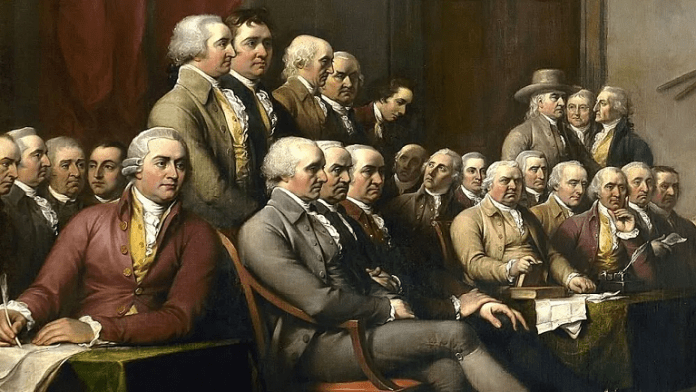The Founding Fathers of the United States were visionaries who laid the foundation for a nation built on liberty, equality, and justice. Their ideas and principles continue to influence modern governance and society.
Key figures such as George Washington, Thomas Jefferson, and Benjamin Franklin contributed to the establishment of a democratic republic. The Declaration of Independence, written by Jefferson, is a testament to the values the Founding Fathers championed. Their belief in self-governance and individual rights was revolutionary at the time and has inspired countless movements worldwide.
The Constitution, often regarded as a living document, is another cornerstone of their legacy. Through debate and compromise, the Founding Fathers crafted a framework that balances power among the branches of government and protects citizens’ rights.
While their achievements are celebrated, it is essential to critically examine their actions and the historical context in which they lived. The Founding Fathers were products of their time, and their views on issues such as slavery and women’s rights were deeply flawed. Recognizing these complexities allows for a more nuanced understanding of their legacy.
Today, the principles they established serve as a guide for addressing modern challenges. By upholding the values of democracy, justice, and equality, we honor the enduring impact of the Founding Fathers.























